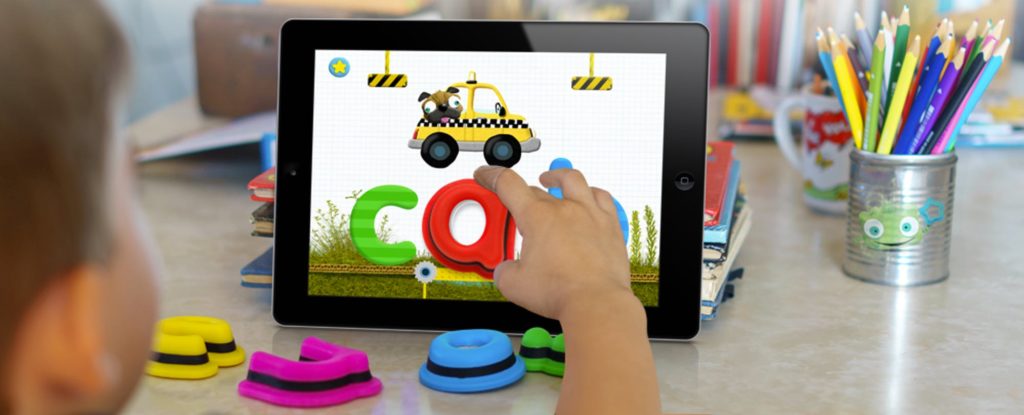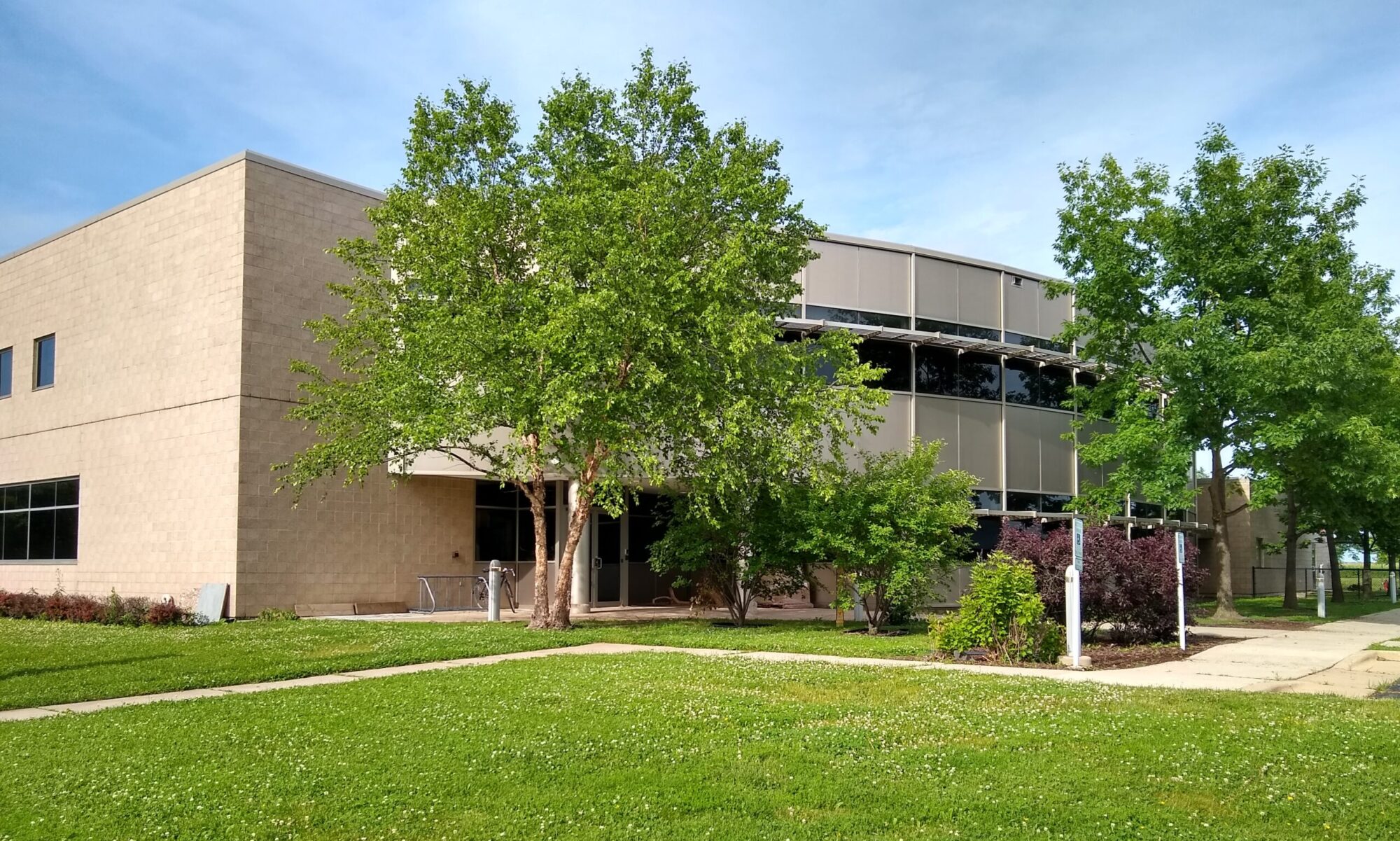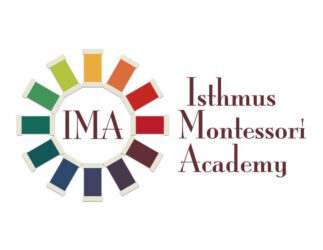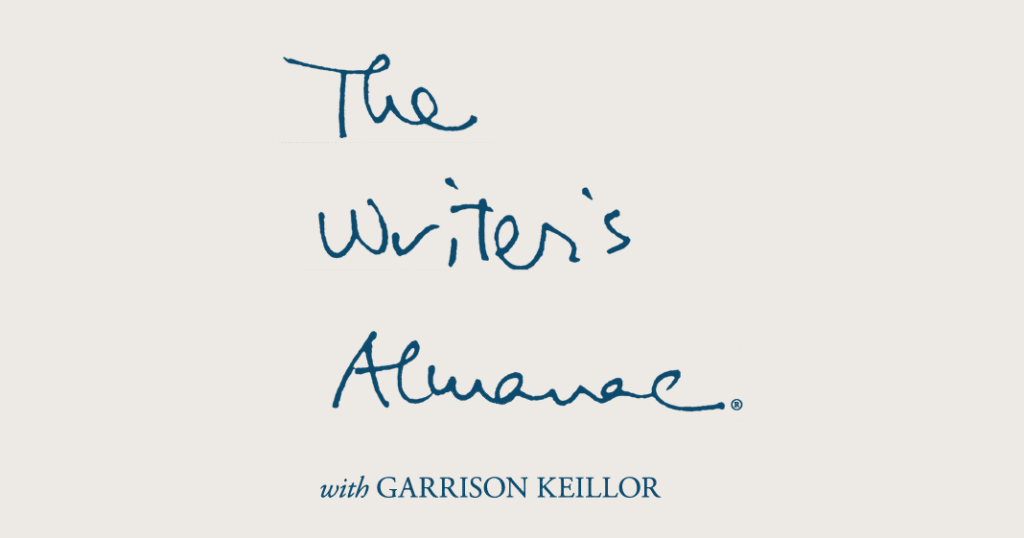
You may have heard that some the top names in technology are sending their kids to “low-tech” schools, and you may have heard about research showing the negative effects of screen time on children as they grow. On the other hand, you may worry about your child keeping up with technological skills or missing out on social opportunities or “educational” content.
IMA’s Adolescent Guide, Ms. Allison, will lead a discussion about Montessori approaches to technology at all ages, and will share information and new research on the effects of screens and social media on brain development. She will offer ideas for alternatives to screen time and ways to help your child develop a healthy relationship with technology.
Technology & Screen Time: A Montessori Approach
Tuesday, December 19, 5:30 pm
Open to the public — bring your friends!
Drinks and refreshments will be served.
Family-Teacher Organization meeting to follow at 6:30 pm.


